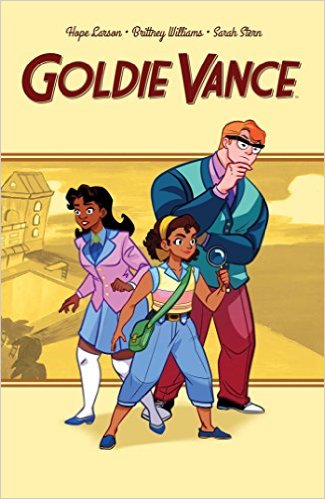Sarah Schulman is a writer and ACTUP activist. Her novel After Delores was published in 1988. It’s a mystery set in the aftermath of a breakup, with the narrator trying to understand how to exist in the world now that her lover Delores has left. She creates a vivid portrait of New York City at the time, while also offering timeless observations about mourning a relationship.
The New York City Schulman writes about is downtown and dirty. No one is very clean or good-looking, and those who come close aren’t to be trusted. Schulman is interested in what it means to be a lesbian in a city like that. In the introduction she writes about the danger that came with living openly as a lesbian in the 70s and 80s, which “produced a kind of desperation, a desire to exist when one was not supposed to, especially on her own terms.” One character says that, “It’s too easy to be gay today in New York City. I come from times when sexual excitement could only be in hidden places. Sweet women had to put themselves in constant danger to make love to me.” In the past the danger was romantic, while in the present it’s just rough.
The mystery plot about a missing girl shows just how dangerous the city can be, and gives the whole novel a noir tinge. The mystery gives the novel forward momentum, driving the protagonist to go out and do things instead of wallowing in her heartbreak. It plays with the language of hardboiled investigators and femme fatales, but twists it, having women play all the roles.
Early on in the novel the protagonist acquires a gun, which she is fascinated with. Guns are an obvious phallic symbol, and one question hiding in the novel is what does it mean for a lesbian to bring a gun around? Shulman is teasing out how to romanticize a gun in a non masculine way, what it means for a woman to hold that weapon and bring it into situations with other women. Whether guns should be romanticized is another question, but what she does in this novel uses a symbol in a profoundly different way. The gun is a weapon, and a prop, and a symbol of power. Schulman writes,
I slipped the gun into my right hand and posed, Wyatt Earp style, in the ladies’ room. I wanted to see exactly what Delores would see if I stepped in front of her one afternoon clutching that little piece of metal. Except for the mouth I looked exactly like myself, but happier somehow. And it was all because of the machine in my hand could make her shut up and listen for once.
The very act of having a gun leads to the possibility of using a gun. It doesn’t really provide security, but creates an opportunity for more violence. The gun drives the protagonist further into the mystery, allows her to operate on its level.
The protagonist’s preoccupation with the mystery helps distract her from the pain of her failed relationship. Delores has left her for someone else, and the whole world has started to fall about. Her heartbreak is everywhere and all consuming. When she puts the grip of the gun in her mouth she finds that, “it smelled like stale licorice or polished wood and it tasted like Delores.” It all goes back to Delores being gone: everything connects back to that loss. When she’s sitting alone in the bar, “Somebody played Patsy Cline on the jukebox and that made me even sadder, but in a pleasurable melancholy way, not a painful Delores-type way.” The hurt and preoccupation is present on every page. It hurts.
If we only ask for positive representations of lesbians we’ll never get books like this: nasty, mean books that ring true. Lesbians can be terrible people, can be terrible to each other, can do terrible things.
Yet, at the end, when the mystery is unraveled, there’s a man as the real villain, which isn’t surprising. As roughly as lesbians might treat each other, it’s still men who cause the most damage because they start off with the most power and influence. Schulman resists a sentimental ending, is not at all interested in any vision of sisterhood or unity. She articulates something much more subtle and desperate: that while lesbians can be terrible to each other, ultimately we need to stand together in solidarity against patriarchy and homophobia that can kill us so easily. Schulman sums it up beautifully:
I’ve trained myself to avoid all potentially unpleasant situations with men, even though I walk into them constantly with women. Once I realized women could be pretty nasty, I actually considered boys for about five minutes until I remembered they bored me very quickly, and if someone you love is going to bring tragedy into your life, you should at least be interested in them.
It’s a very honest novel. The writing is very direct, and very lovely. I love all the small details Schulman weaves in, details, observations like “Under her leather gloves were five long and polished nails on her right hand and three long polished nails on her left. The index and middle were cut, not chewed, to the cuticle.” My favorite part of the whole book might be the thought that, “The only thing that happened in the last two decades that made any sense to me at all was Patti Smith. When Patti Smith came along, even I got hip, but then she went away.” That’s just cool.



